As the workhorse of today's construction equipment, diesel engines are often used to power earthmoving machines. But this powerful fuel can quickly become contaminated with substances like water, dust, grease, and dirt, which cause critical parts to wear prematurely or even erode This leads to reduced engine power and increased fuel consumption and can also increase the need for repairs, raising the overall amount of downtime.
To avoid such problems at your job site, ensure that you have well-maintained service equipment with strict cleanliness procedures to deal with dirty diesel at any stage in your operations. Since modern-day machines require high levels of fuel supply chain contamination prevention and removal, owners must really keep their eye on them.
Here are 11 tips to help you reduce diesel contamination for increased overall productivity and profits.
1. Avoid Using Old Diesel
While it may be tempting to use up all of the diesel in your tank before getting a new shipment, it's much better for your engine to use fresh fuel. Many think using old or recycled diesel saves them money, but it can cost you more in the long run because old diesel can increase the risk of engine damage and void your warranty.
Diesel degrades over time, and can get contaminated with water and other impurities, which can cause several problems, including corrosion, clogged filters, and reduced engine performance even a tiny amount of contamination can significantly impact your engine's health. That's why it's always best to use fresh diesel and be safe rather than sorry.
2. Keep Your Diesel Tank Clean
Diesel is a highly combustible fuel, and even a tiny amount of contamination can cause problems. Over time, dust, dirt and other sediments can build up in your diesel tank, causing severe performance issues. Plus, contaminated fuel can clog injectors and fuel lines, leading to poor engine performance and reduced fuel efficiency.
That's why it's crucial to maintain and clean all parts of the diesel tank before fueling. The best way to clean it is by draining it completely and flushing it with hot water and detergent solutions. Once the tank is clean, dry it thoroughly before adding fresh fuel. Don't neglect your tank — a little care goes a long way!
3. Never Keep Your Diesel Tank Empty
Diesel naturally contains some impurities, and when the tank runs dry, these impurities are more likely to get drawn into the engine. Running low on fuel can also cause the pump to overheat, potentially damaging it. So what can you do to reduce the risk of contamination and damage?
First, keep your diesel tank at least half full. This will reduce the number of impurities drawn in when the level gets low. If you run low on fuel, don't stop and let the engine idle. Instead, turn it off and restart it once you've refilled the tank.
By avoiding an empty tank, you help reduce the amount of dirt and water that gets into the fuel system. So even if you're running low, it's best to top off your tank before it’s empty. This simple tip can help you avoid costly repairs and keep your vehicle running smoothly for years to come.
4. Use Good Quality Seals and Gaskets
Diesel is slightly hygroscopic, meaning it attracts and absorbs moisture from the air. This is how water can enter the fuel system of your equipment. Seals and gaskets are substances that join parts of your engine together to prevent such contaminants from passing between them and entering the engine.
However, rubber seals and gaskets can degrade over time, allowing fuel to leak into the machine. This can lead to a build-up of contaminants in the fuel system, which can cause your engine to run poorly or even fail.
Investing in high-quality seals and gaskets solves this problem. Quality seals and gaskets are made from materials resistant to diesel fuel, so they can withstand repeated exposure over a long period without breaking down. That means they can help to keep your engine clean and your diesel free of contamination.
5. Double-check Fuel Transfer Equipment
Ensure all your fuel transfer equipment has in-line filters and water separators. These are essential components of a fuel system, as they play a vital role in ensuring that the engine receives a clean and uncontaminated fuel supply.
Filters and separators help remove the fuel's water, dirt, and other impurities from fuel transfer equipment before entering the engine. Thus a clean fuel supply prevents wear and tear on the engine components. Make a habit of double-checking your fuel transfer equipment for these components to lessen diesel contamination.
6. Change Your Fuel Filter Regularly
Chances are, you don't think much about your fuel filter. Even so, it plays a vital role in keeping your engine running smoothly. A fuel filter's job is like that of seals and gaskets – preventing contamination of the fuel system by keeping foreign contaminants from entering the fuel tank.
Watch out for any clogs in the filter over time, which cause reduced engine performance and fuel economy. Hence, it’s vital to clean and change your fuel filter regularly. If this is neglected, you’ll likely deal with engine problems caused by a build-up of contaminants in the fuel system.
7. Schedule Routine Checks
Diesel engines are designed to run on a fuel that’s heavier and oilier than petrol. As a result, they require special fuel tanks that prevent the fuel from being contaminated by water or other debris. A vital component here is the vent tube, which allows air to enter the tank as the fuel is consumed. This prevents a vacuum from forming in the tank, which could cause fuel to be drawn into the engine.
It’s vital to ensure that the vent tube is free of obstructions and properly connected to the tank. Doing so helps prevent fuel contamination and ensures your diesel engine runs smoothly for longer.
8. Perform Visual Inspections for Leakage
Contaminations can occur in many ways, but one of the most common is leakage. Fuel lines, injectors, and tank caps are all susceptible to leaks, and it's essential to perform a visual inspection regularly to prevent fuel contamination.
A visual inspection entails looking for any signs of leakage, such as wet spots or drips, and ensuring that all connections are tight. If any leaks are found, you’ll need to get them repaired immediately to avoid any more potential fuel contamination.
9. Know How to Handle New Filter Packaging
Diesel exhaust is a leading source of air pollution, and filters are a vital way to reduce contamination. However, avoid opening new filter packaging until it’s ready to be installed because once you rip the packaging, the filter is exposed to dust and other contaminants that can reduce its effectiveness.
Moreover, opening the packaging can also void the warranty. If you’re unsure about how to install the filter, consult a professional to ensure your filters work properly and that you’ve got the correct measures set in place to reduce diesel contamination.
10. Train on Proper Maintenance and Repair Processes
Diesel contamination is one of the leading causes of engine failures. To prevent this, everyone who works on diesel engines must be properly trained in maintenance and repair processes.
Reducing diesel contamination starts with regular engine servicing and cleanliness checks. All fluids should be checked and changed according to the manufacturer's recommendations. The fuel system should be cleaned regularly and repaired.
Untrained professionals, however, are unable to perform all of these tasks. This is where training really comes into play. Proper training in maintenance and repair significantly reduces the risk of diesel contamination and helps keep your engines as well as operations running smoothly.
11. Store Your Diesel Properly
The final tip for reducing diesel contamination is the simplest — store your diesel properly. Why? Proper storage allows your diesel to last for months without degrading. Improper storage conditions can lead to your fuel breaking down at a faster rate, leading to various problems when you use it without even realising. This includes decreased engine performance and increased emissions.
Here are some tips on how you can store your diesel properly:
- First, always store diesel in clean, dry containers
- Secondly, ensure the containers are well-sealed so that air can’t enter and contaminate the fuel
- Finally, keep the containers away from any heat sources, such as direct sunlight or open flame
Following these simple tips gives your construction equipment the best chance to run smoothly and not succumb to the damaging effects of dirtier-than-usual diesel fuel. This will save you quite a bit of money in the long run and keep your machines running smoothly to get the job done on time, every time.
Access Excellent Fuel Management Services
If you're seeing more and more warning signs on your machine, don't panic. It doesn't mean your engine is ruined… yet. But don't wait until it's too late to do something about it.
Contact us today to receive specialist help in getting your equipment back up and running like new. With more than 30 years of experience providing comprehensive fuel management services across various industries, Plantman can effectively help keep your equipment running smoothly and your business productive for years to come.

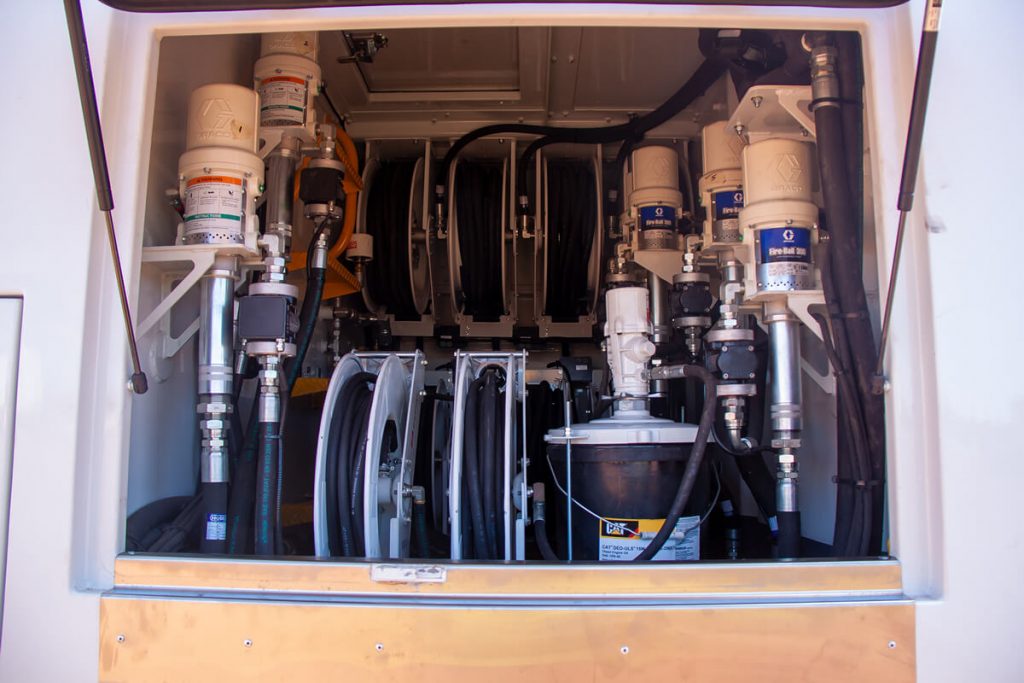

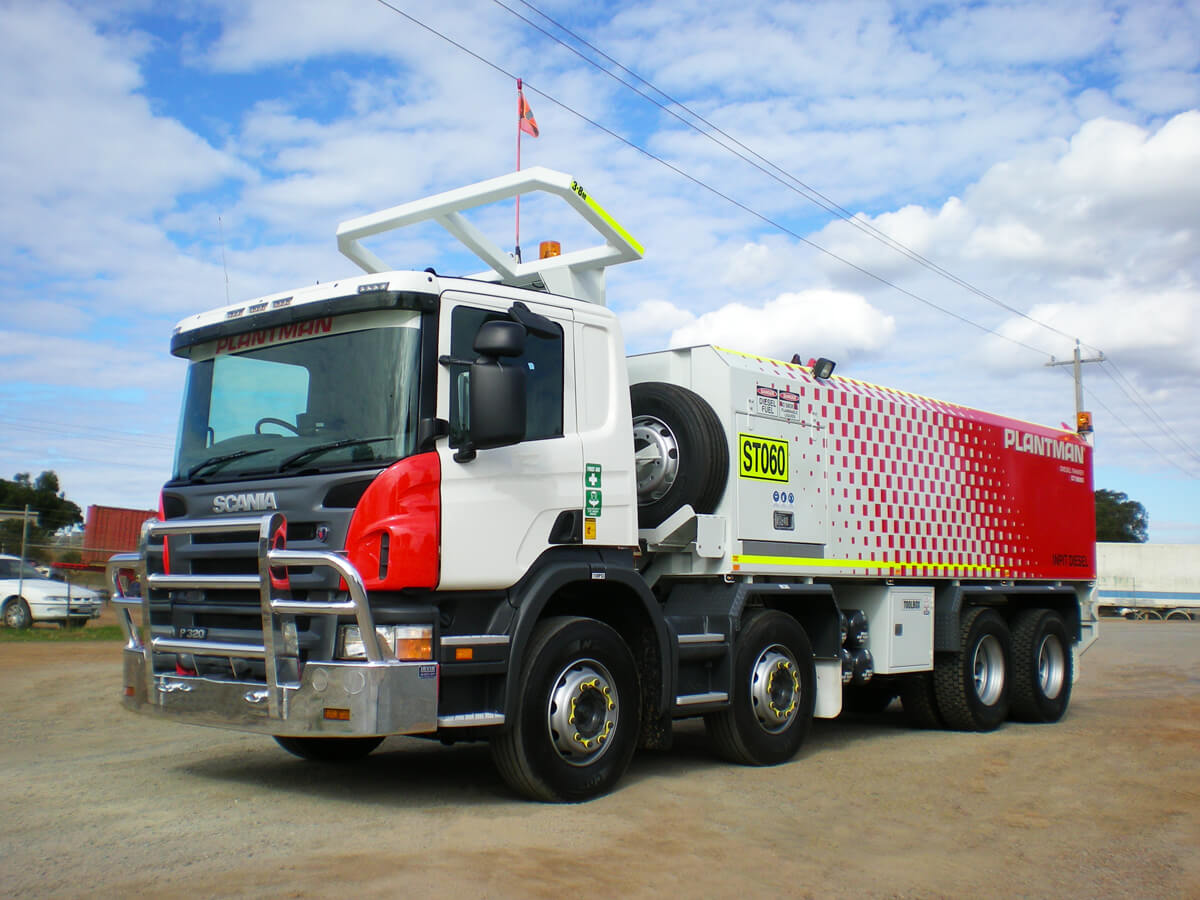
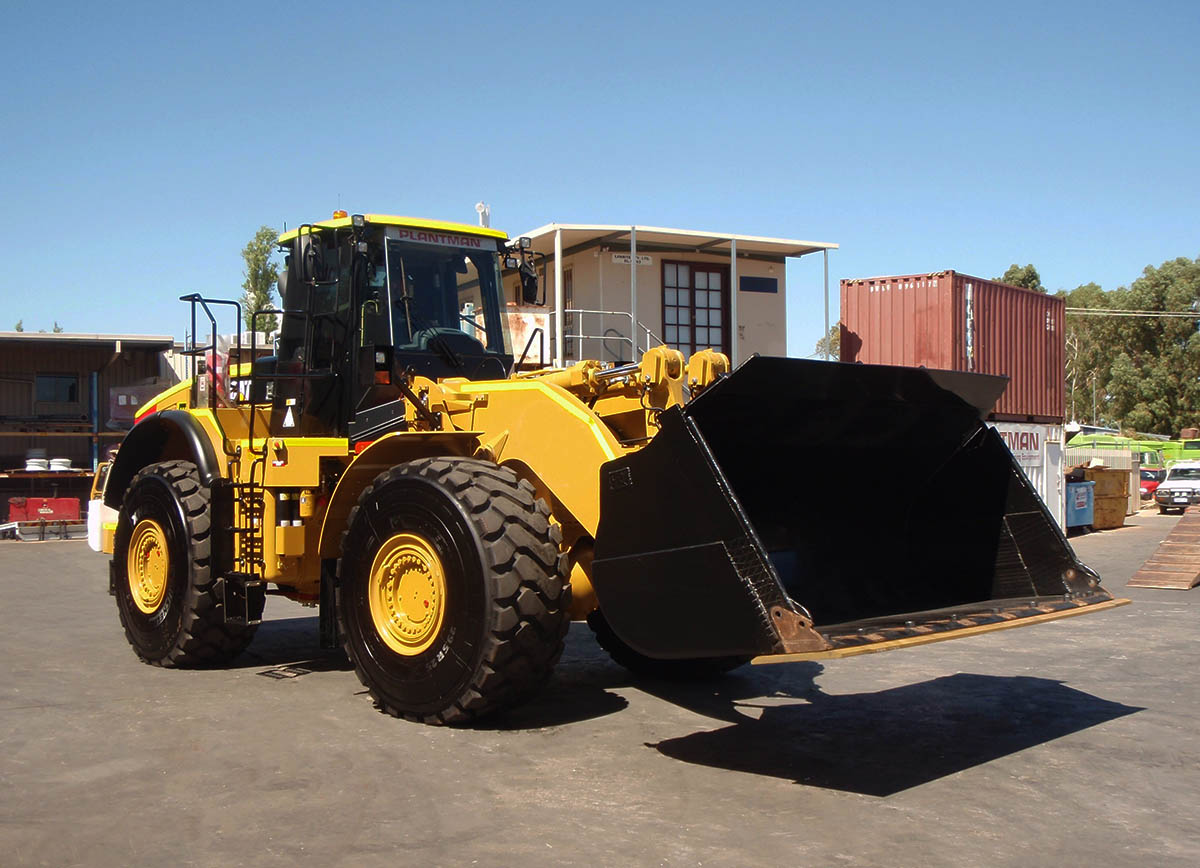
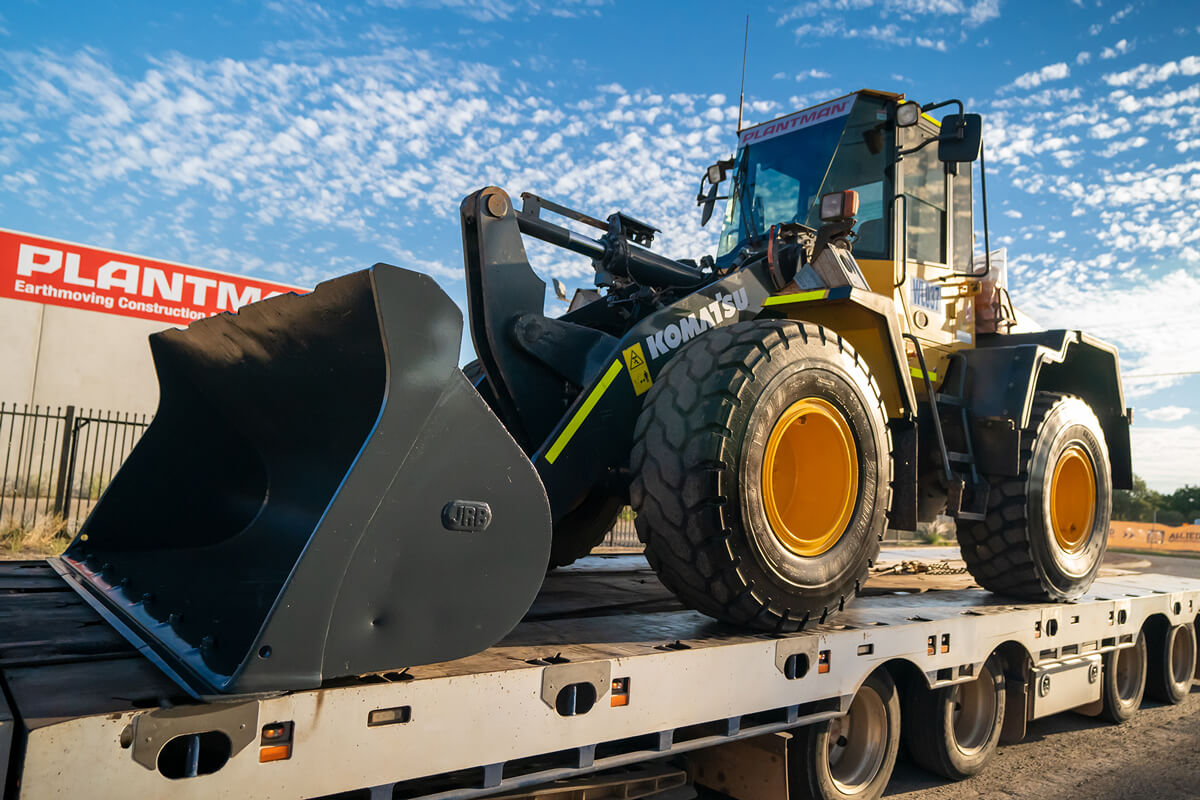
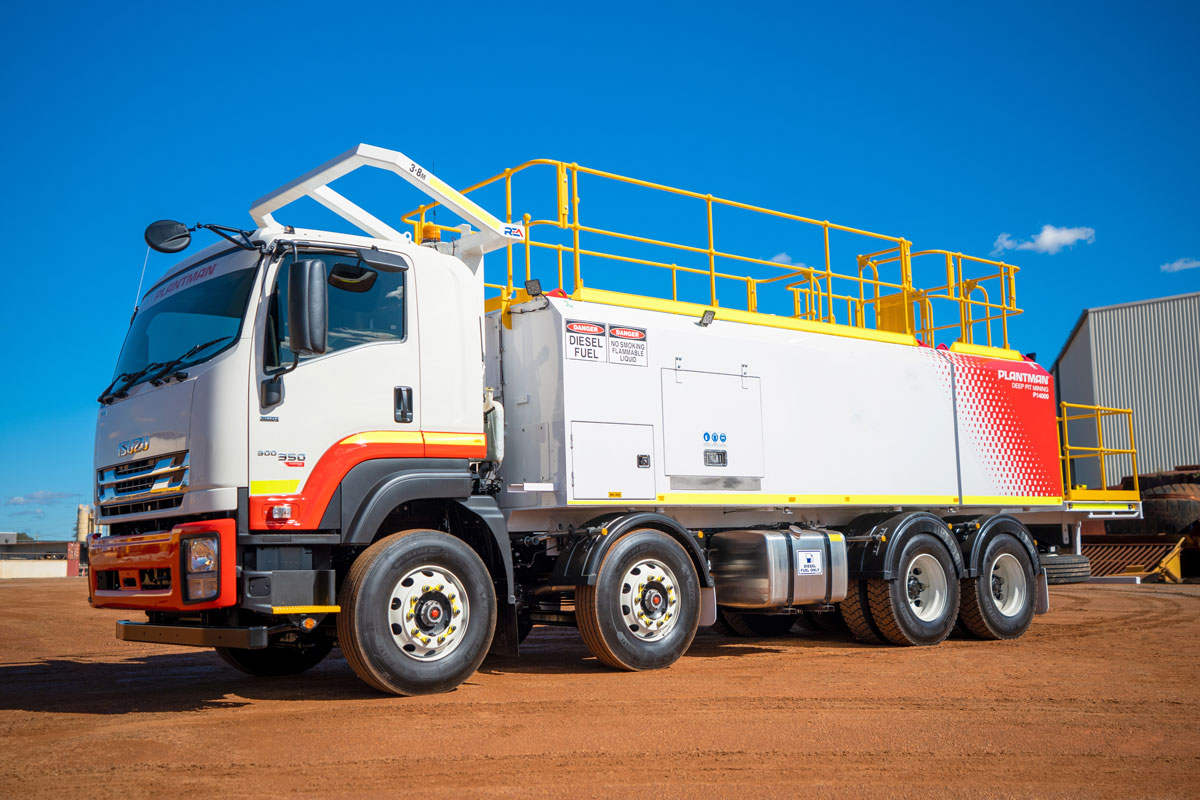
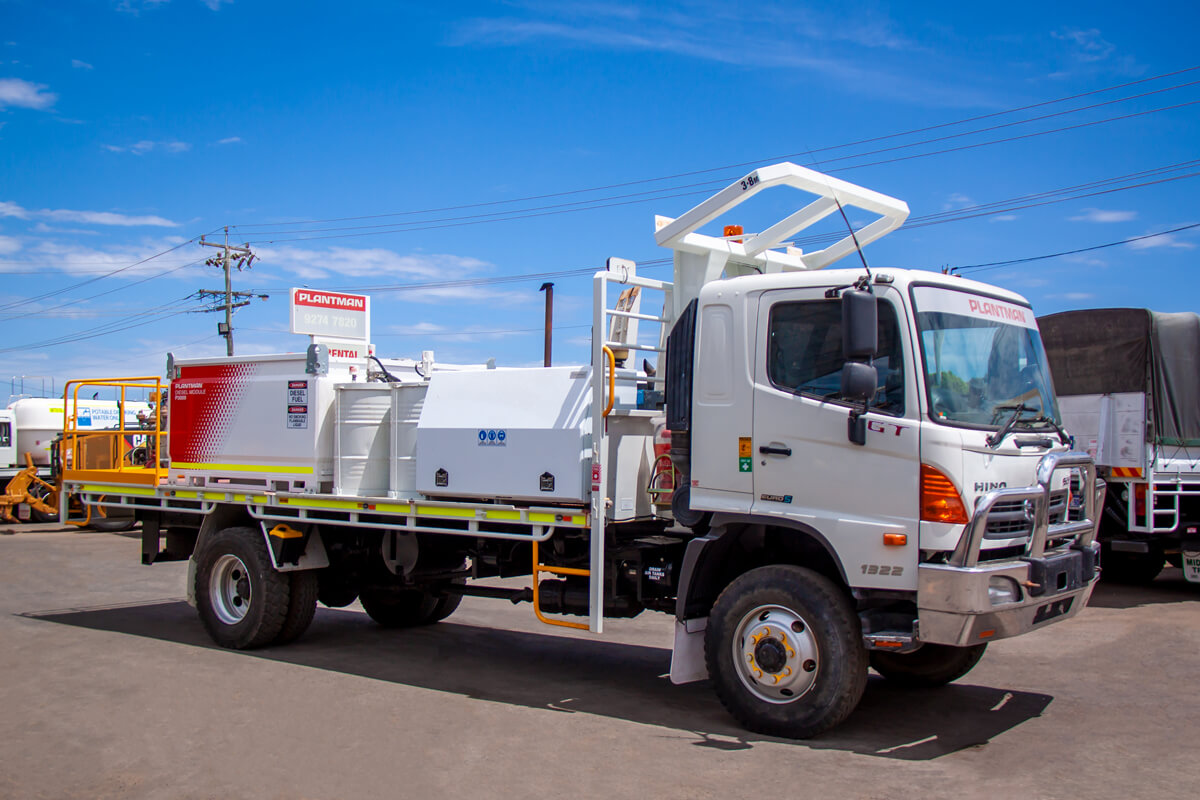
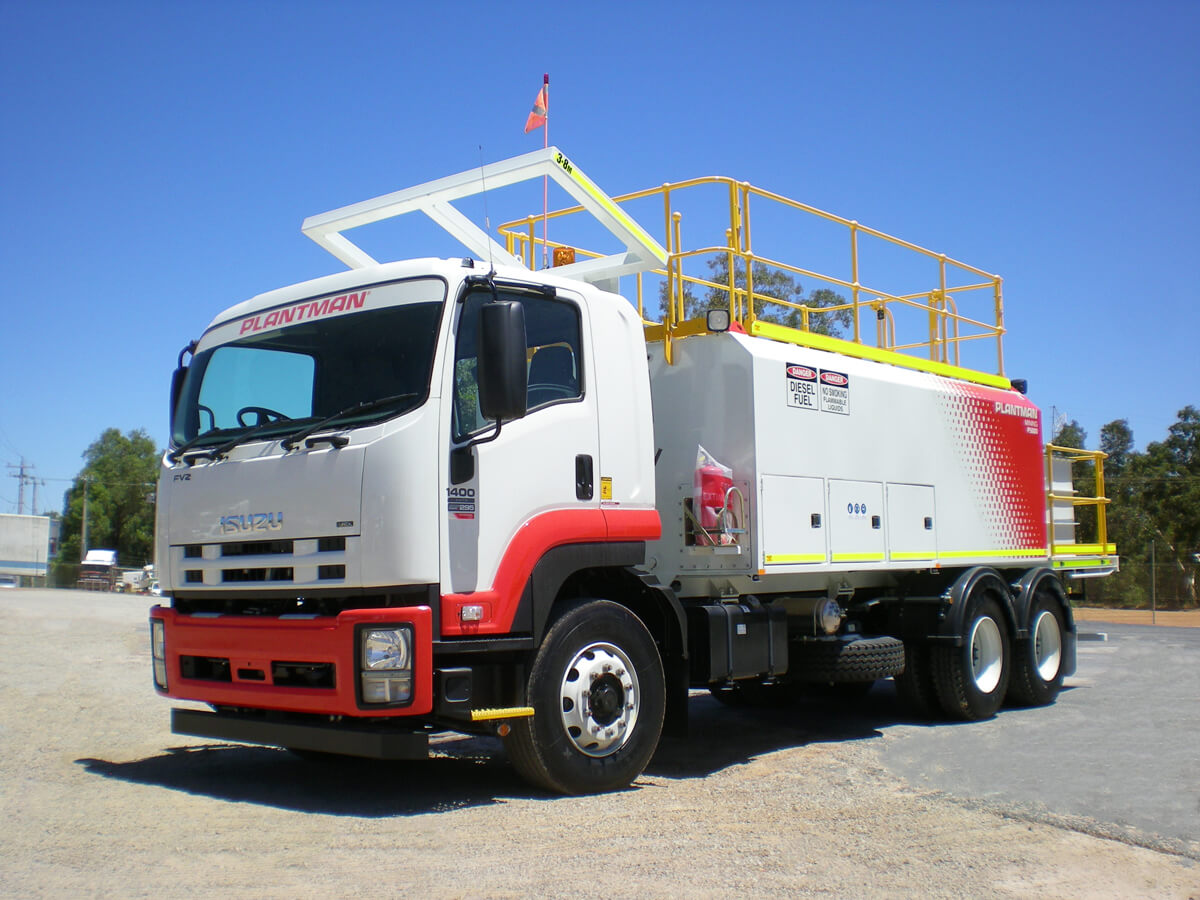
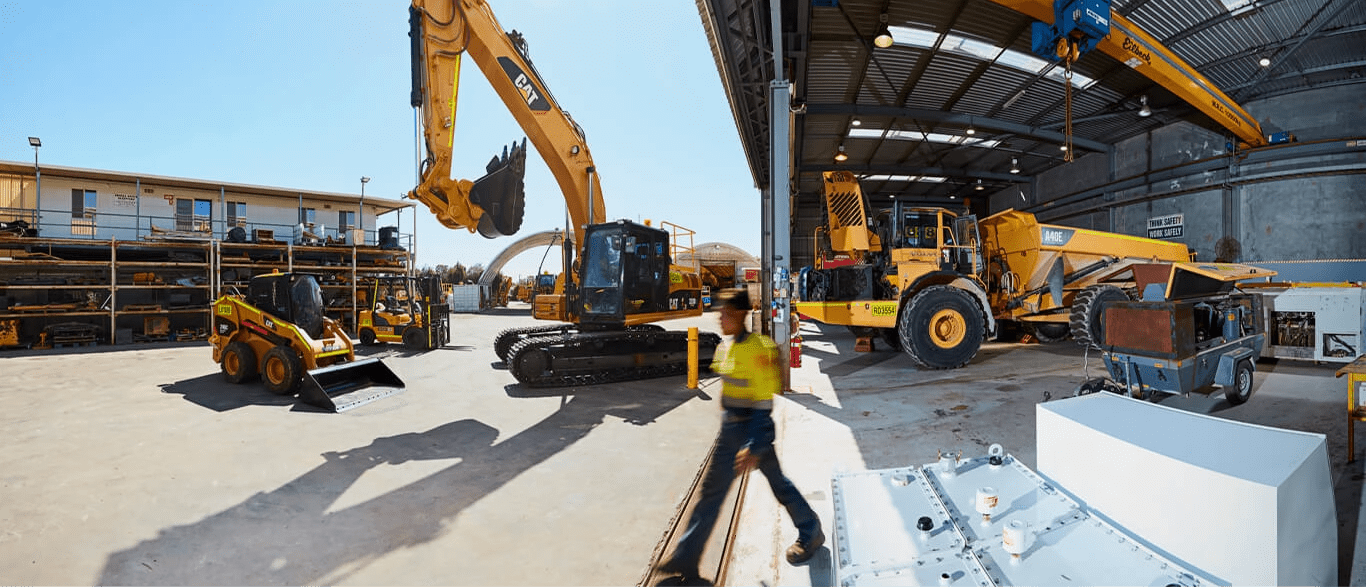

Now that I’ve found Plantman and they’re local which is a bonus, I won’t need to look elsewhere. They also have an extensive range of equipment that suits our requirements for servicing the mining industry. I have no hesitation in recommending Plantman to any of our clients. Well Done!!!